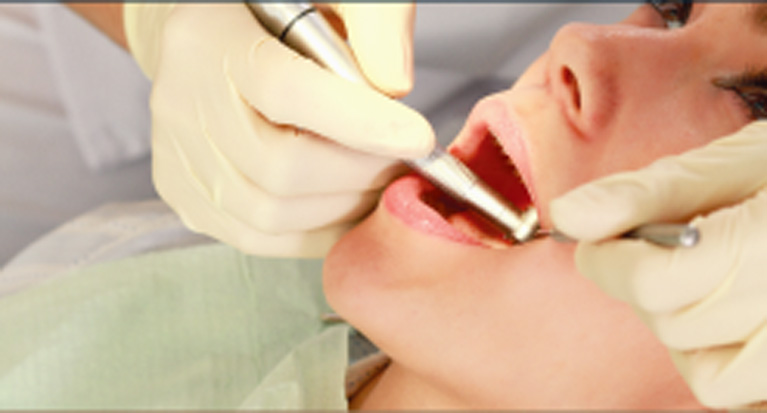
A large percentage of patients that receive dental implants have a dental CT scan. This scan is different from a medical CT in the sense that has much less radiation and it only images the head and neck. Dental professionals use these scans to evaluate bone levels, pathology, virtually plan implant placement, and many other applications. However, these scans also provide us with other incidental but important information.
CT Scan Findings
One such finding is the presence of calcifications (build ups of calcified plaque) of the main arteries in the neck (carotid artery). These calcifications have been linked to increased risk for atherosclerosis, stroke, brain atrophy, and compromised circulation in both the brain and heart. When we take these scans, most dentists will send a copy of the scan to a dental radiologist for interpretation to rule out any pathology. The radiologist will then make a report of the scan and determine if these lesions are present. Another important fact to think about is the calcifications have to be pretty large to even show up on the scan.
Get Checked Out by Your Doylestown Dentist
As dentists, it is then our duty to inform you and your physicians of the presence of these plaques to help avoid potentially fatal problems in the future. If we find these calcifications, we will notify you and your physician immediately. Your physician can then advise you on what further treatment and/ or tests are required if any. The article listed below is one of the first published to establish a link between the calcifications that we see on the CT scan and these major risk factors.
Source: http://www.ada.org/epubs/highroad/jadaradiology/021115.html#one




